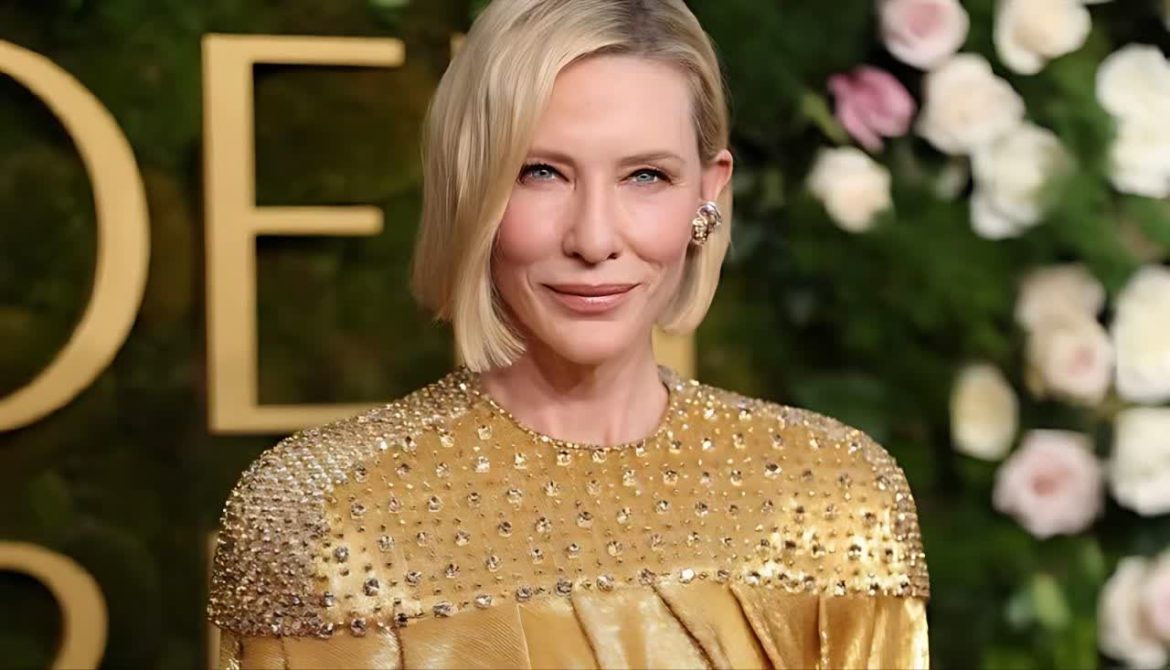At the 8th edition of the El Gouna Film Festival in Egypt, a striking moment unfolded: Cate Blanchett—Australian Academy Award-winning actress and UNHCR Global Goodwill Ambassador—raised her voice with emotion, issuing a heartfelt “call to solidarity for refugees around the world,” particularly for the people of Palestine and Sudan. She reminded the audience that “behind every number is a human being with a name, memories and hope.”
A Platform for Humanity
During her appearance in the Red Sea resort town of El Gouna, Blanchett addressed the audience in conversation with journalist and fellow UNHCR Goodwill Ambassador Raya Abirached, reflecting on her long-standing work with refugees through UNHCR. She described art as a bridge between awareness and compassion, capable of restoring the human face to victims amid the noise of global crises.
Experiencing Refugee Lives Up Close
Blanchett, now 56, shared how her humanitarian role has brought her into the lived reality of displaced people—including Palestinian refugees who, decades after the Nakba, still dream of returning to their land. She said: “Generations have been born in exile, carrying shared memories of pain and hope. They simply want to be heard and for their dignity to be recognised.” She emphasised that the UN has in recent years mobilised campaigns and funds to elevate refugee voices and that cinema can transform the superficial image of “a refugee” into a full-fledged human story of value and resilience.
Egypt’s Role: A Model of Human Compassion
In her remarks, Blanchett was particularly appreciative of Egypt’s role in supporting refugees, noting that the country is hosting more than 1.5 million refugees—many from Sudan and Syria—and does so not by segregating them into isolated camps but by integrating them into community life. She described this approach as “a human model worthy of global admiration,” since it places dignity at the centre of refugee policy—something many nations overlook.
Sudan: An Open Wound in Humanity’s Conscience
Turning to the crisis in Sudan, Blanchett called it “one of the greatest humanitarian disasters current in the world.” According to reports, the conflict has forced over 12 million people to flee. She described moving encounters with families who escaped in the middle of the night with nothing but their children, now living in mud, extreme poverty and underfunded aid operations. In her view, this crisis underscores the fragility of the refugee condition everywhere—and that global neglect is itself a threat to the very concept of “human solidarity.”
Eight Years in the Service of Humanity
Blanchett reflected on her eight years of humanitarian work, calling it “an experience that changed the way I look at life.” “Assistance,” she said, “is not just about food and shelter—it is about preserving identity and dignity for those who have lost everything.” She noted that refugee numbers have more than doubled in the last decade—from around 60 million to well beyond—while global funding has declined. Mental and emotional support, she emphasised, are as important as material aid, especially for those wounded by war, poverty or climate change.
From “Kaboria” to Hollywood
In a lighter moment during her festival talk, Blanchett recalled her early days in Cairo as a student, when she had a brief appearance in the film Kaboria (directed by Kheiry Beshara and co-starring Ahmed Zaki). She laughed: “For that role I got a falafel sandwich! But that simple experience sparked the path of my life.” She observed that art is boundless in language and borders—and the human connection it fosters is our shared common tongue.
Final Tribute and Message
At the closing of the session, the El Gouna Film Festival honoured Blanchett with the “Champion of Humanity” award in recognition of her tireless efforts on behalf of refugees. Accepting the honour, she said: “Art may not change the world alone, but it can remind us that in every crisis, a human being is waiting to be heard.” With a deep, emotionally charged smile she concluded: “If art has a mission, it is to make us see the world through different eyes … and that is exactly what we are doing in El Gouna.”
From: UNHCR


